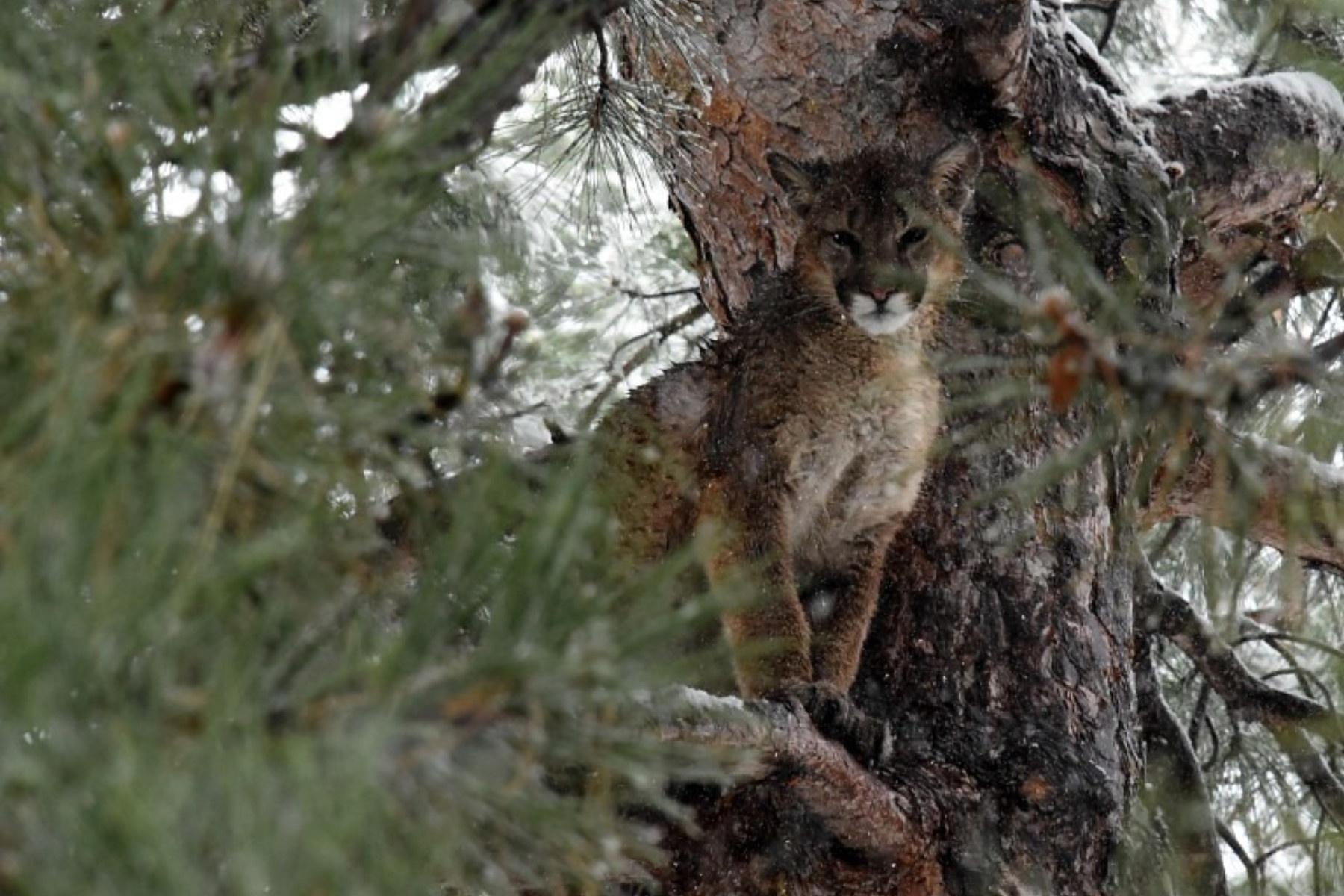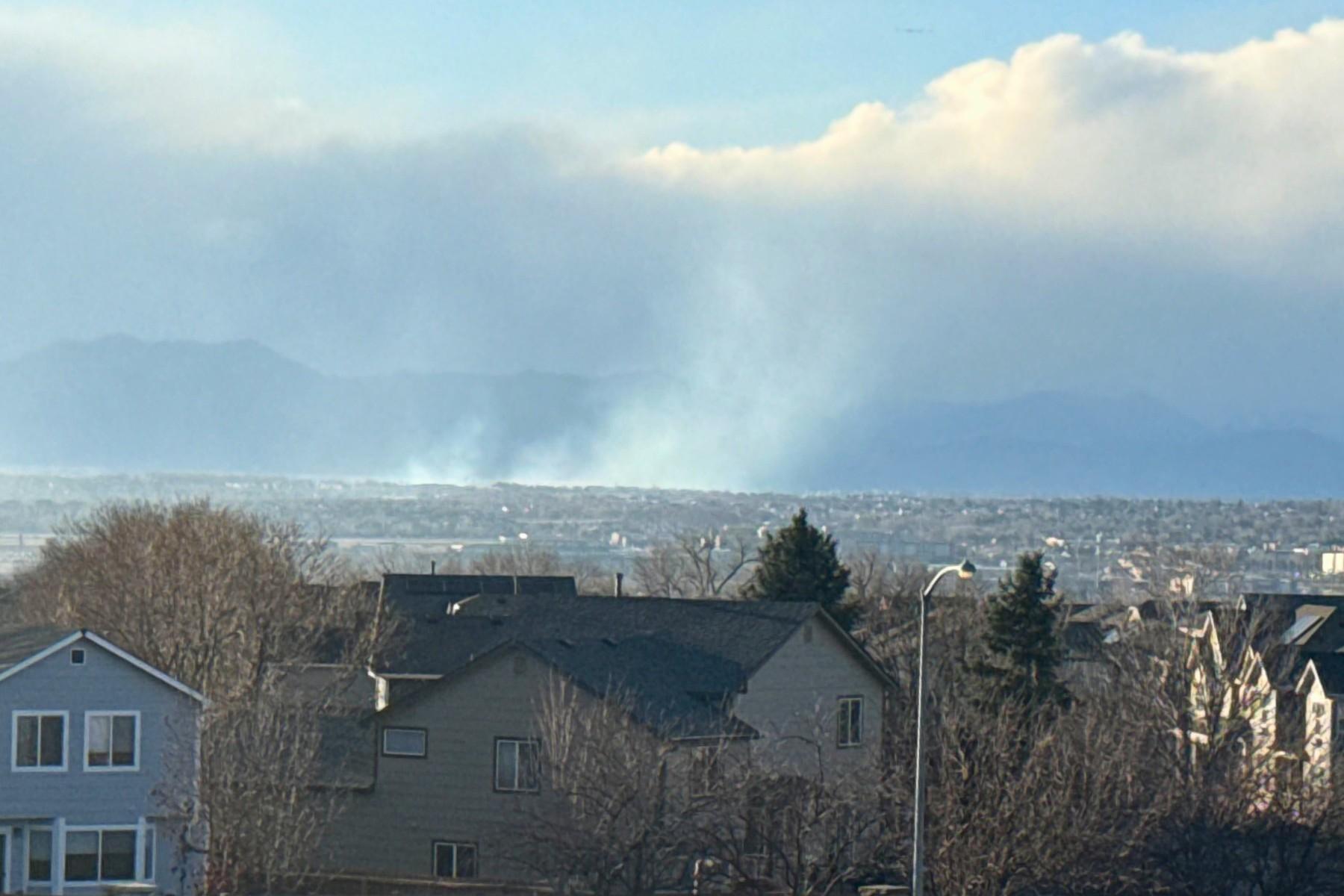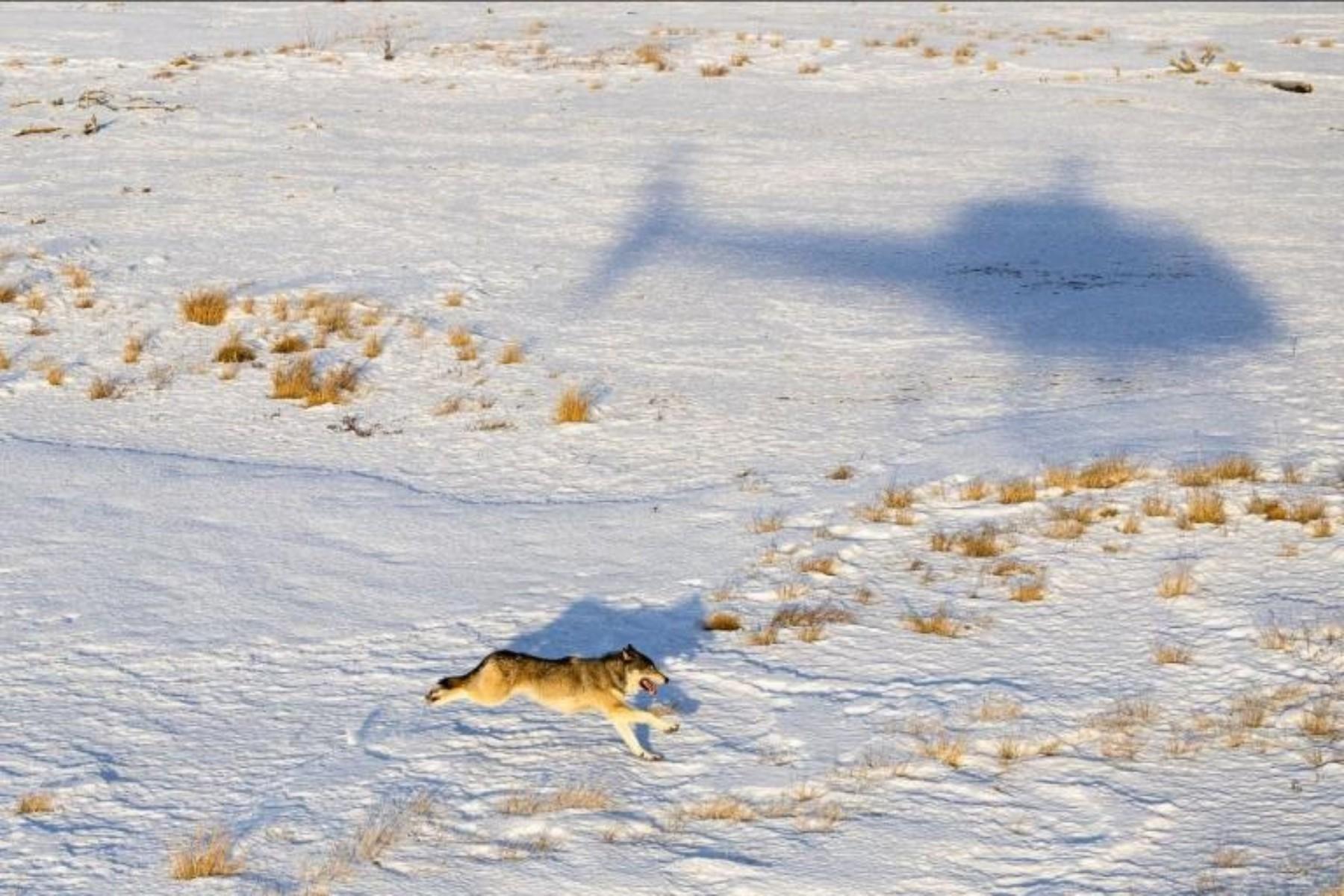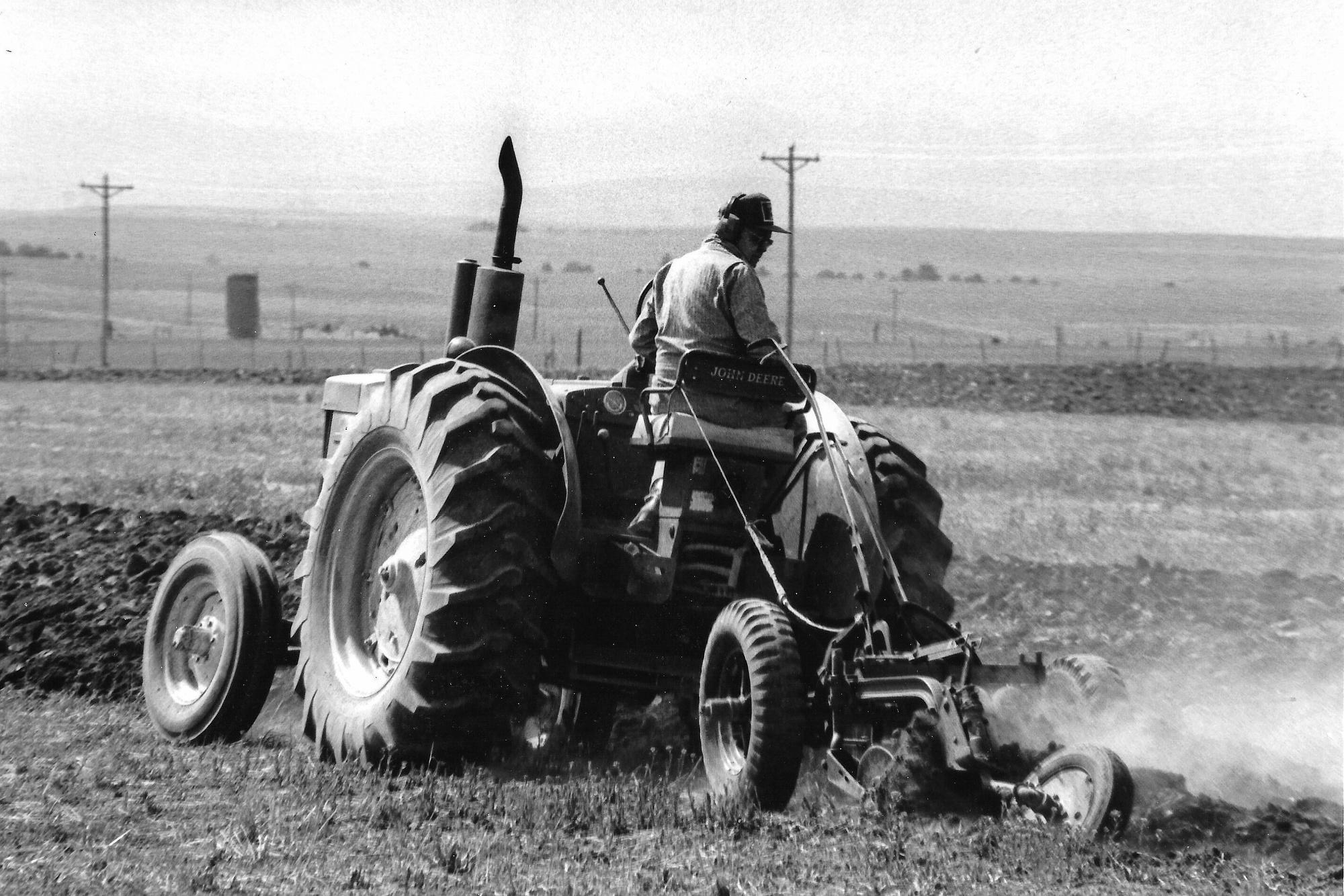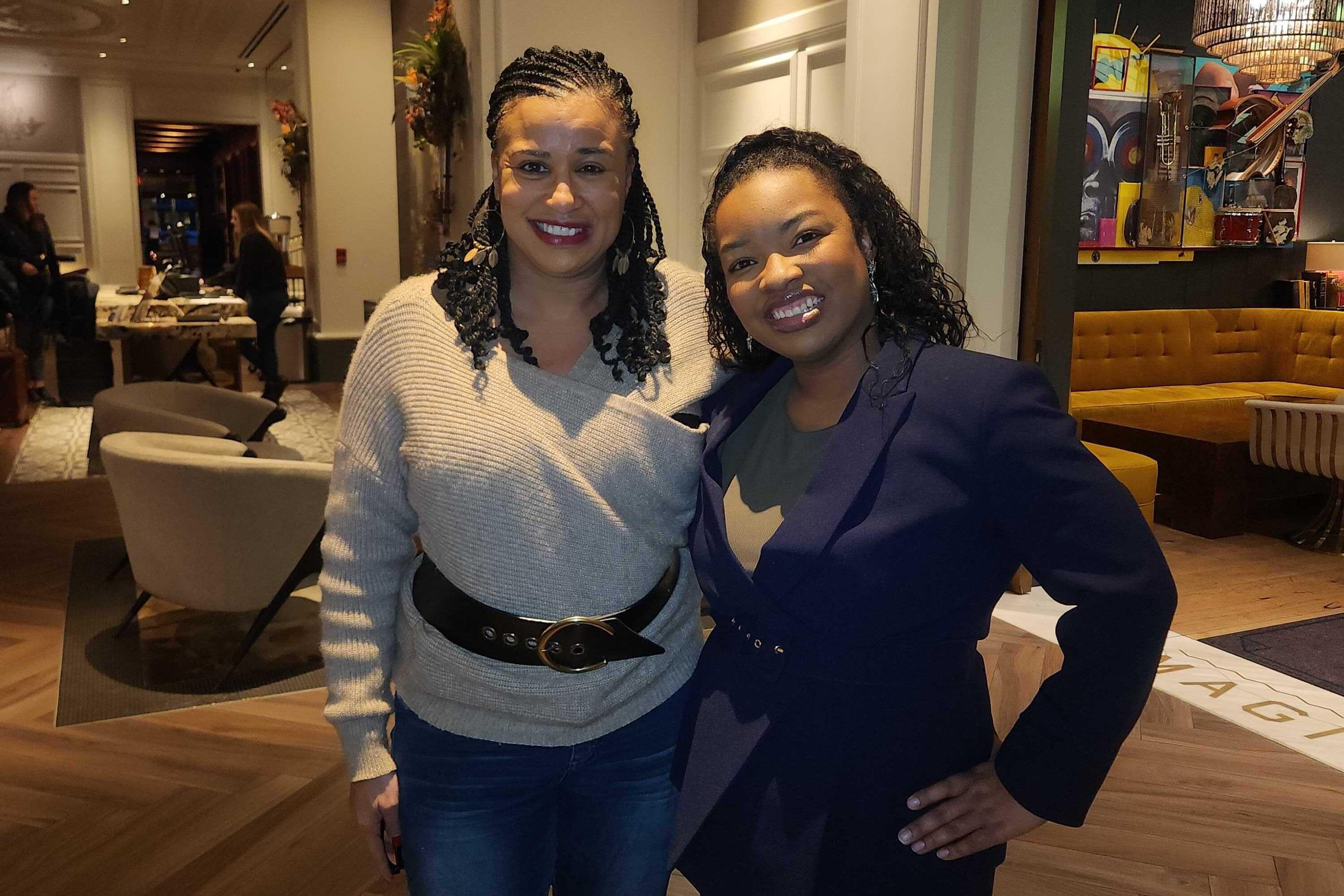
Ayesha Rascoe, the host of National Public Radio's "Weekend Edition Sunday" since 2022, recently edited a series of essays written by some of the biggest celebrity names in the Black community.
In HBCU Made: A Celebration of the Black College Experience, Oprah Winfrey, Stacey Abrams, Branford Marsalis, and more share their experience attending historically Black colleges and universities. The collection of essays also highlights why they feel the historic institutions founded during the days of legal racial segregation in America are impactful and still very relevant today.
Colorado Matters Host Chandra Thomas Whitfield sat down with Rascoe during her visit to Colorado State University in Fort Collins. They talked about her motivation for releasing the book, her thoughts on the need for more diversity in media, including public media, and what she wants journalists to know about covering the upcoming presidential election.
Read the interview
This interview has been edited for length and clarity.
Chandra Thomas Whitfield: This is your first time visiting Colorado. What do you think?
Ayesha Rascoe: Yes. It seems like a beautiful city. I wish I could get to see more of (Fort Collins.) A lot of times when you come in for trips like this, you're kind of in and out, but it does really seem like a beautiful city. I got to see a little bit of the mountains and a little bit of Colorado State University, so it seems nice.
Thomas Whitfield: Yes. I will say as a fellow Southerner myself, Colorado is very beautiful and picturesque. We have to bring you back and show you a good time here.
Rascoe: That's what I need to come back and see!
Thomas Whitfield: I have to say, reading up on you, our backgrounds are shockingly similar, including both of us being graduates of HBCUs, which of course stands for Historically Black Colleges and Universities. This book basically is about HBCU pride. What inspired you to work on this project?
Rascoe: The publisher came to me and said, "What would you think about pulling together a collection of essays from HBCU graduates about how these institutions have impacted and shaped their lives?" And so, for me, once I heard that and they said this had not been done before, I was really shocked because it seems long overdue. It seems like this would've been done long ago. I really wanted to take it on so that you could allow alumni, in their own words, in their own voice, to talk about why these universities are so important and the role that they've played in making the world a better place.
Thomas Whitfield: I am a proud graduate of Clark Atlanta University and you are an esteemed alum of Howard University, which many refer to as the Harvard of the HBCUs.
Ayesha Rascoe: Yes. HU! HU! The Mecca. The Mecca.
Thomas Whitfield: For me, it was growing up in the South, New Orleans and Atlanta, and being able to physically see these institutions and watching young Black people educating themselves and walking on campus. And of course, pop culture played a lot in that. I saw “School Daze,” which was the breakout film by filmmaker Spike Lee. And, of course, “A Different World,” which was the groundbreaking television series spinoff of “The Cosby Show.” What inspired you to attend an HBCU?
Ayesha Rascoe: Like you, I grew up in the South, North Carolina, so there were lots of HBCUs. My mother went to an HBCU, Winston-Salem State University and my uncle went there, so I had a lot of family that went to HBCUs. So it was always on my radar. I think for me, I really wanted to go to school outside of North Carolina; I didn't want to stay in the state. I wanted to get the experience of going away from home and really being able to define myself outside of my hometown. And so when I looked at it, Howard, to me, was the school that was cool. As you said, it had this mystique about it. It was the basis for Hillman, which is the college in “A Different World,” and so many incredible people had gone there, like Debbie Allen, like Phylicia Rashad, Thurgood Marshall and so on and so forth. So, I really wanted to go there.
Thomas Whitfield: So in this book, you have essays from Oprah Winfrey who attended Tennessee State University and you talked to Branford Marsalis from my hometown of New Orleans, and Stacey Abrams, a very well-known star in the Democratic Party, who went to Spelman College. You have said that this book is really a testimony to say that these institutions have given so much to the world. What do you want people to know, especially those who aren't as familiar with HBCUs, what do you want them to know about HBCUs?
Rascoe: I want them to know that HBCUs are not a thing of the past, that they are very much of the present, but that over the years you have all of these incredible people who have sought out HBCUs. They have provided a safe haven for Black people to educate themselves away from the harsh gaze of racism and to be able to discover themselves and to do just like everybody else. HBCUs have really punched above their weight; they have been able to do a lot with a little bit of resources and you see their impact even today.
I think the great thing about Oprah Winfrey's essay in the book is that she's talking to students about her story. And I think that tells you that this is of today; this is now. Because the students that she talks to in this essay are students who later on will have names that we will know and that we will be looking at. Who knows the mark that they will make on the world. And so what I want people to know is that HBCUs haven't just made the world a better place, they are continuing to make the world a better place.
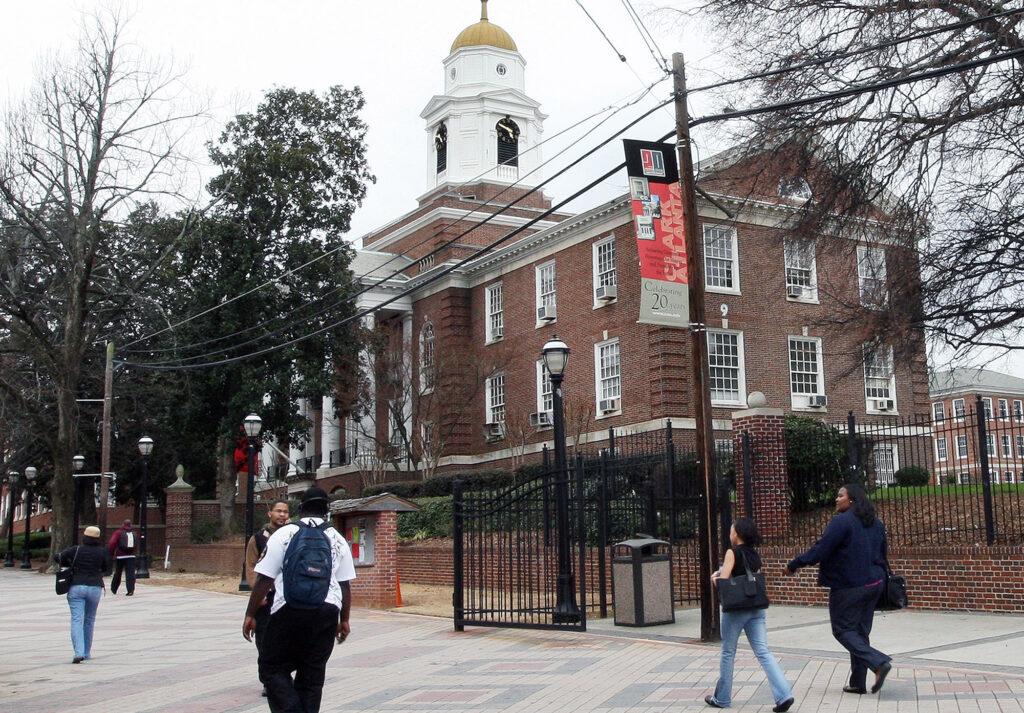
Thomas Whitfield: So it is really a legacy that really until the show “A Different World,” a lot of people weren't aware of?
Rascoe: Yeah. A lot of people didn't know, and I mean “A Different World,” played such a big part in all of these different essays, and the people didn't talk to each other beforehand, but you just see how naturally, when you start talking to people about why they attended an HBCU, they start talking about “A Different World.” They start talking about the impact of seeing that show and it shows how much art can have an effect on people and really make a difference. Because as you said, so many people were not aware of this culture, whether it's the stepping, whether it's the fraternities and sororities, whether it is the style, whether all of these things. And so that's what they were exposed to on “A Different World.”
Thomas Whitfield: I'm always telling people it was really a beautiful experience to just learn and be exposed to a lot of the culture. There are no HBCUs in Colorado, but I have noticed that, at least anecdotally, a lot of the children of my friends here in recent years, especially after George Floyd and after 2020, have said, "I am choosing an HBCU." Have you noticed an increase in interest and what do you attribute it to?
Rascoe: There has been this resurgence and I think that it has to do with a whole lot of things. I think from, as you said, the racial reckoning after George Floyd and the election in 2016 of Donald Trump; there came a lot of conversations about race, about investing in our own communities, Black people investing in Black communities and Black institutions. I also think you look at the fact that the Vice President of the United States, Kamala Harris, is an HBCU graduate, again Howard University. I will say that there are about 100 HBCUs around the country, so it hasn't necessarily been a huge increase at some of the smaller ones, but the larger, more well-known HBCUs have seen a spike in applications. I was talking to the former head of Spelman College and she said they used to get maybe 3,000 applications for 500 spots, and recently they got 15,000 applications and they ended up with 700 students in their freshman class. So there is a definite resurgence of interest.
Thomas Whitfield: Arguably DEI, which of course stands for diversity, equity, and inclusion, initiatives and policies are currently being targeted nationwide. In your view, does that include HBCUs and what concerns do you have about the future of HBCUs?
Rascoe: I think that it could and I think part of the reason why this book is important is because it offers a testament to people that would wonder why these institutions matter, and what role they play in society. I mean, it's not a research document, but these are very personal stories. And for people that are willing to hear, I think that it really does provide a very personal and visceral testimony. So, I do think it's important because, as you said, DEI, the very idea of diversity is under attack. I don't think that HBCUs are necessarily immune to that, and so I do think that these stories need to be told and that's why it's important that they're told.
Thomas Whitfield: Shifting gears a bit to your career. Before joining NPR, you spent the first decade of your career at Reuters rising from news assistant to an energy reporter, to eventually covering the White House, including three presidential administrations. What are your reflections on this current election cycle?
Rascoe: I think this will be an election cycle like none other. I think you'll have two candidates who are both in their 70s, so some of the oldest candidates for the presidency. You will also have a candidate who lost re-election, which has not happened, where that person has come back to run again in recent years. So this is a unique time. You also have one of the contenders for the GOP nominee who's facing over 90 indictments so this is a very unique time period. I do think it is a pivotal point for the U.S. and for the future of the U.S., I think it will be a historic election. It is something that the country hasn't really seen before.
Thomas Whitfield: You have a lot of experience. In your view, how should journalists be covering this presidential election?
Rascoe: Don't take it lightly; it's not like other elections. So you can't approach it necessarily the same way. You have to try to figure out, “How can you give people the sense that this is something different?” This isn't like a normal election. This isn't like every four years. This is something different. This is something historic. It requires foresight and intention. You can't just approach this the way you've approached every other election. Think about how you can get at the truth, how you cannot be kind of pulled by the extremes of the political framework right now. How can you provide people with the information and really provide them and let them know about the stakes and where the stakes really are and trying to figure out how to get at that?
Thomas Whitfield: I alluded to this earlier that I was so struck by the similarities in our backgrounds, both having attended HBCUs. We both started our journalism careers in high school and served as editor-in-chief of our school papers and both of us are originally from the South. I have to admit, I was pretty taken aback reading about the reception that you had from some listeners at NPR for, as you have said; “being a Black woman from the South and sounding like a Black woman from the South” on air. What do you want to say about that?
Rascoe: I will say that, for the most part, I have been so embraced by the NPR audience and here in Colorado, people have been so kind, so I want to point that out. But there have been people, and I still get the tweets and the negativity who are not used to hearing a voice like mine and will say that I'm loud, or unprofessional, or lazy, or this or that; and even questioning my intelligence. And so it has been a part of the journey. I think that, hopefully, there will come a time where voices like mine don't stand out as much on the air and that you can have all sorts of accents and dialects on the air and it won't be as jarring to people. But I do understand that people are not necessarily used to hearing someone that sounds like me delivering the news and being a voice of authority. And so that is a difference and a change for people.
Thomas Whitfield: On the other hand, some have criticized NPR for lack of diversity. Do you feel that NPR has made progress in that area?
Rascoe: I think NPR, like all media organizations, still has a lot of work to do. Yes, there is diversity of hosting and you have a lot of women of color on the national networks hosting right now, also A. Martinez, I don't want to leave him out. But I do think you have to look at it as not just at the host level. You really have to look at it at the reporting level, and then also, those people that you don't necessarily always hear on air, producers and editors.
Thomas Whitfield: The decision-makers.
Rascoe: Yeah, the decision-makers, the high-level people, and the mid-level people. There has to be more done to not only to recruit people of color and people from different identities, but also to maintain and to retain them, and so that retention so that people feel like they can go up in the organization. And I think NPR is like every other media organization, there has been progress made, but there's still a lot of work to be done.
Thomas Whitfield: You're hosting, you have this book, what's next for Ayesha Rascoe?
Rascoe: I'm certainly going to be on “Weekend Edition Sunday” We're going to be focused on the election and everything else as always. My hope is to continue to do this work, to tell people's stories, and maybe at some point to get a little rest – not to stop working – but maybe at some point it'll slow down a little bit. I could take a little bit of a vacation, just a little breather. But right now, I'm so blessed to be doing not only my work with NPR, but also the book. So yeah, I think I'll be focused on those things.

